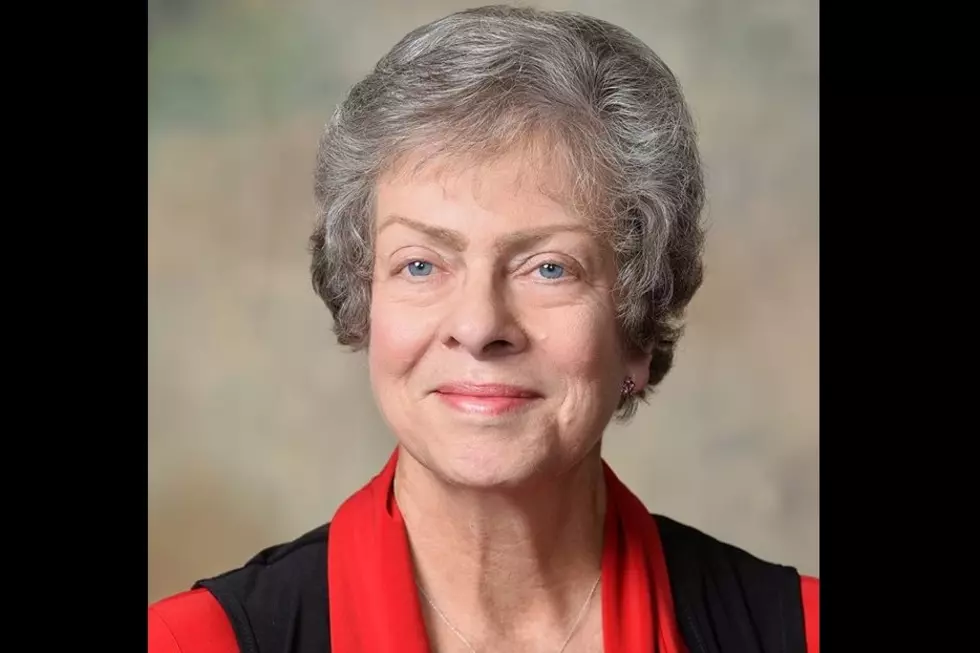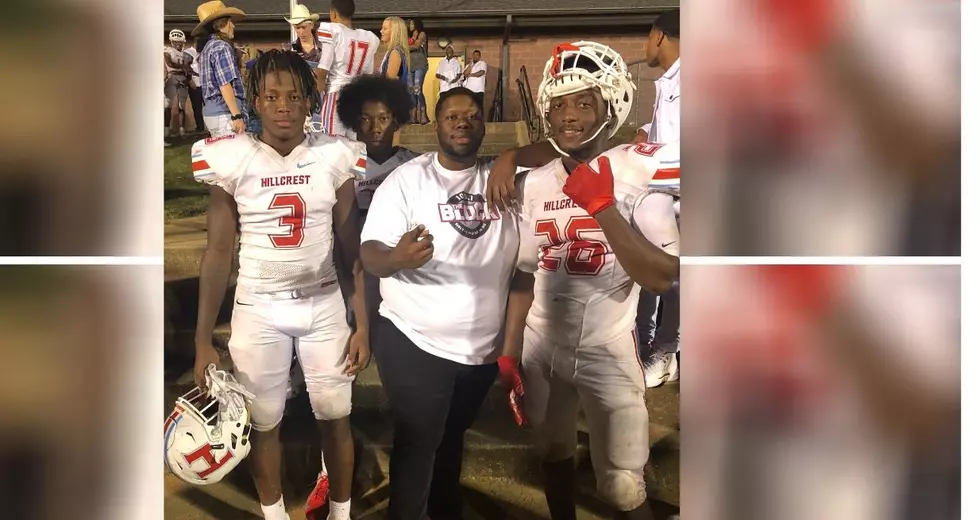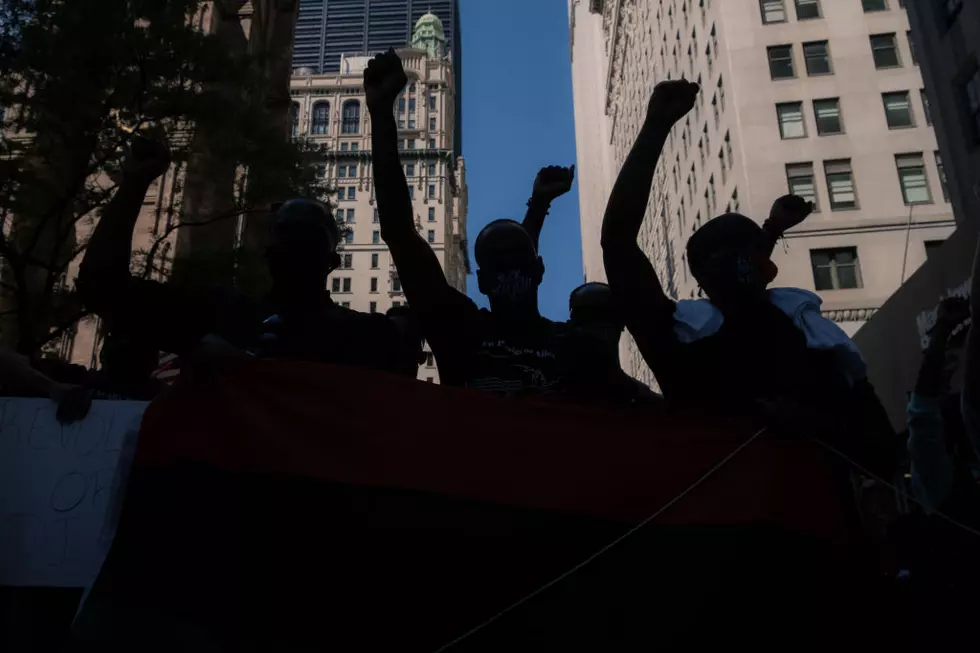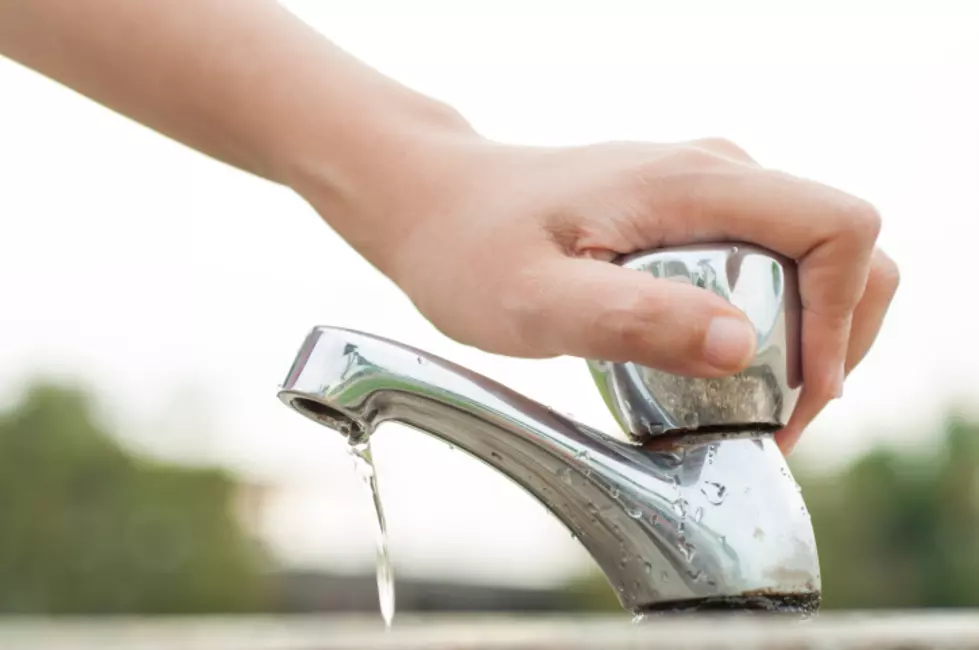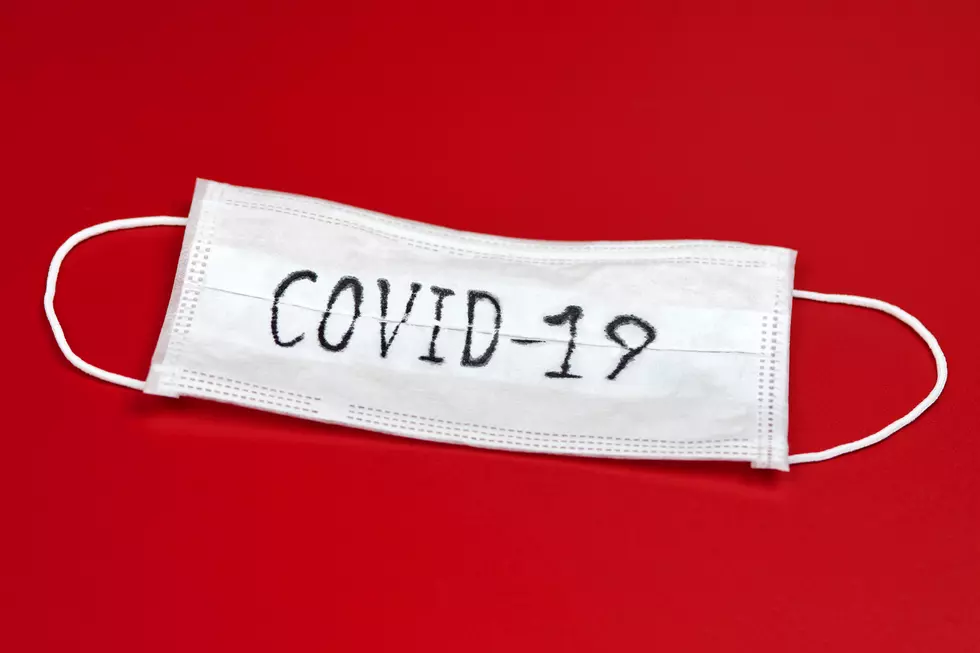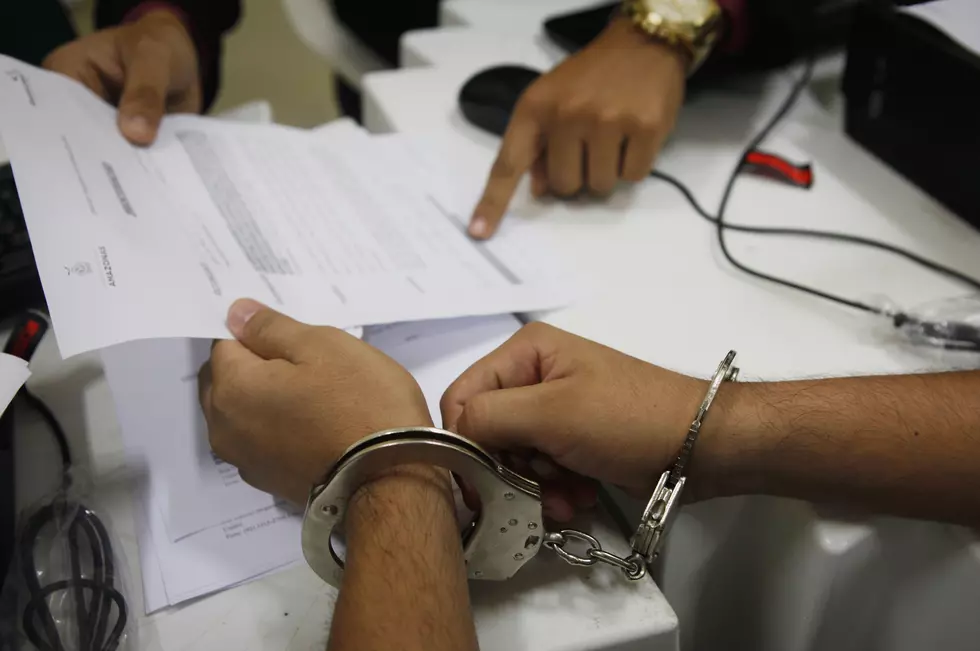
New Organization To Assist Those Who Can’t Afford Bail
A new organization in Tuscaloosa will aim to assist area inmates who are unable to afford the cost of bail.
At the risk of being condescending, when someone is suspect of committing a crime, a warrant is issued and they are arrested by local police or turn themselves in to law enforcement officials. The suspect is jailed, and in most cases, they or their loved ones pay a set bond amount and the accused is released from jail and given time to prepare a defense for the charges against them. Unless they are suspected of committing another crime, that person is allowed to remain free until they accept a plea deal or have a jury trial -- a process that can takes years to complete.
University of Alabama alumnae Sarah Hughes and Kisha Emmanuel launched Tuscaloosa Bail Out last week with one question in mind -- what about the people who can't afford to pay that bond amount?
Bail Out is a community bail fund run by Hughes, Emmanuel and a collective of attorneys, students, activists and organizers who believe that the concept of cash bail is the criminalization of poverty. A person of means accused of a crime can be released from custody within hours of their arrest, while someone impoverished who stands accused of exactly the same crime can stay jailed for months or years pre-trial because they can't afford bond.
"We believe that cash bail is basically ransom. That's the only other word we have for in our lexicon," Hughes said. "We hold someone and demand they pay money to get free, and so people with money are able to get out, and just because someone doesn't have money, that shouldn't stop them from having the same rights."
Hughes and Emmanuel said that the current system is anti-poor, and because of the demographics of poverty, it's inherently racist.
In less than a week, donors from Tuscaloosa all the way to Stockholm, Sweden have given more than $7,000 to Tuscaloosa Bail Out for the collective to spending bonding out suspects who don't have the means to do so themselves.
"People are giving what they can in a time of record unemployment, in a recession -- people believe in this and they believe in helping their neighbors and their communities," Hughes said. "It goes to show that there are more people on our side and on the side of justice and dismantling these racist systems than you might think."
Hughes and Emmanuel said the priority of Bail Out will be to free inmates who are most at risk, like those with health issues that could make them susceptible to COVID-19 or transgender inmates who are historically more likely to take violence while jailed.
There are still organizational kinks to work out, like working with public defenders to make Bail Out funds available to those that need them most and talking with judges about reducing the percentage of a set bond that the organization will have to pay to see inmates released, but the mission remains the same -- to make sure no one suffers needlessly in the Tuscaloosa County Jail just because of their economic status.

8 Unsolved Tuscaloosa County Murders
More From 92.9 WTUG

